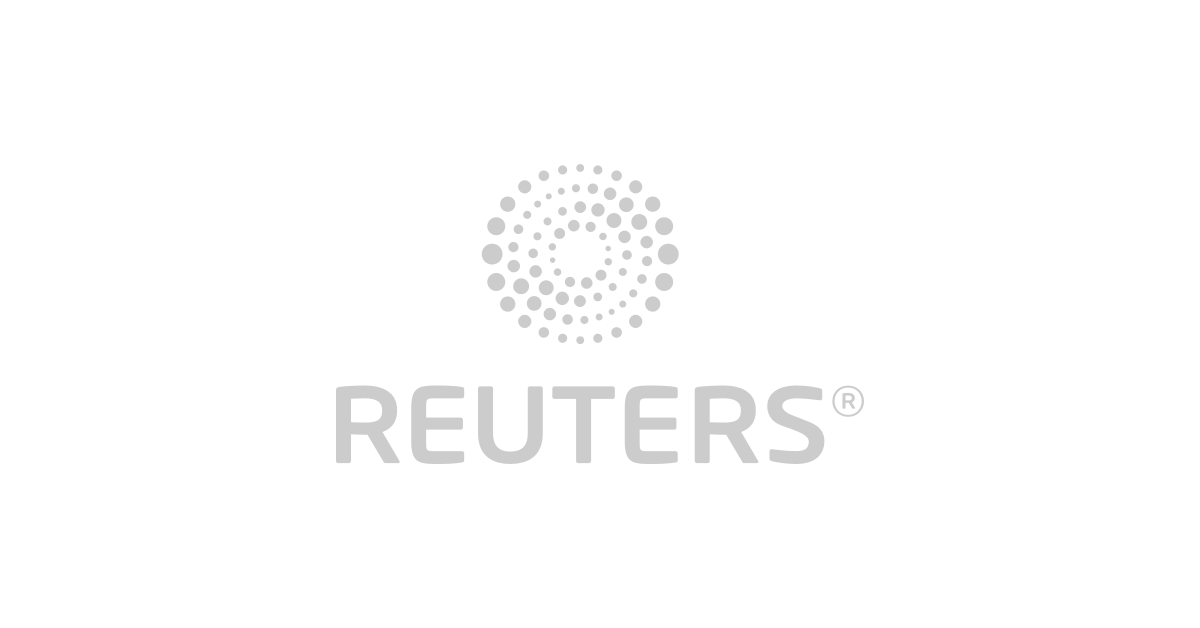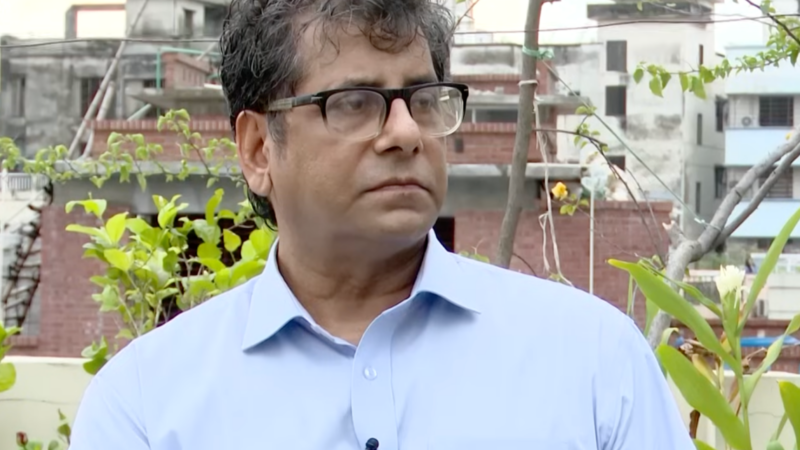Saudi, Kuwait, Yemen return envoys to Lebanon in sign of easing tensions

RIYH, April 7 (Reuters) – Saudi Arabia, Kuwait and Yemen on Thursday announced a return of their ambassadors to Lebanon in a sign of improving ties that hit rock bottom last year when the kingdom and other Gulf states withdrew their envoys.
Saudi Arabia and fellow wealthy Gulf states were once major donors for Lebanon but relations have been strained for years by the growing influence of the Iran-backed Hezbollah movement.
The Saudi foreign ministry said its ambassador returned in response to calls by “moderate” Lebanese political forces and after remarks by Prime Minister Najib Mikati regarding “ending all political, military and security activities” that affect Saudi Arabia and other Gulf states.
Register now for FREE unlimited access to Reuters.com Register
The Saudi statement on state news agency SPA stressed the importance of Lebanon “returning to its Arab depth”.
Kuwait’s foreign ministry issued a similar statement. Mikati’s office said Kuwait’s envoy would return before the end of the week. read more
Mikati, in a Twitter post welcoming the move, said Lebanon was “proud of its Arab affiliation and upholds the best relations with Gulf states”, describing them as pillars of support.
The Gulf rift has added to the difficulties facing Lebanon as it struggles with a financial crisis that the World Bank has described as one of the sharpest depressions ever recorded.
The International Monetary Fund (IMF) said on Thursday it had reached a draft funding agreement with Lebanon – but that Beirut needed to enact a batch of economic reforms first before its board decided whether to approve the deal. read more
Later on Thursday, Yemen’s foreign ministry announced the return of its envoy to Lebanon.
“The move is in response to Beirut’s pledge to halt activities and practices offensive to Arab countries,” the Yemeni ministry said in a statement carried by the country’s state news agency.
Souring ties had hit new lows last October after a former Lebanese government minister criticised the Saudi-led military coalition fighting in Yemen – a conflict widely seen as a proxy war between Saudi Arabia and Iran.
Hezbollah supports Tehran in its regional struggle for influence with U.S.-allied Gulf Arab states, which say the group has aided Yemen’s Iran-aligned Houthi movement.
Hezbollah has a militia more powerful than Lebanon’s army and has backed pro-Iran allies in the region, including in Syria. The group and its allies also exercise major sway over Lebanese state policy.
Register now for FREE unlimited access to Reuters.com Register
Reporting by Alaa Swilam, Lilian Wagdy, and Moaz Abd-Alaziz in Cairo; Writing by Ghaida Ghantous; Editing by Chris Reese, Jonathan Oatis and Lincoln Feast.
Our Standards: The Thomson Reuters Trust Principles.






